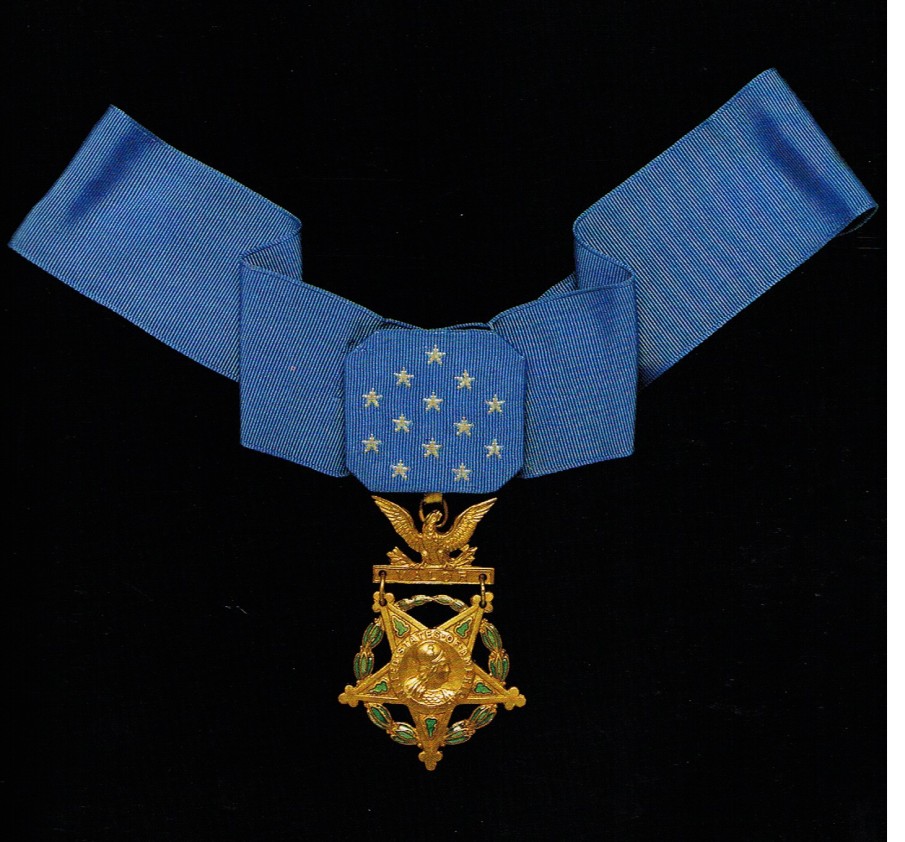I was disturbed to read in a Washington Post article recently about the case of Sgt. First Class Earl D. Plumlee, an Army Special Forces soldier who was serving with First Special Forces Group in Afghanistan in the summer of 2013, and whose recommended award of the Congressional Medal of Honor (CMH) was downgraded to a Silver Star by the Army’s civilian head.
According to the article, written by Dan Lamothe, then-Staff Sgt. Plumlee showed extreme heroism in a battle with Taliban insurgents in Ghazni, Afghanistan, at a forward operating base that came under attack. The outer perimeter of the base was breached by the attackers, allowing a number of them to pour inside. Plumlee reportedly fought off the attackers, most, if not all of which were wearing suicide vests. He exposed himself to the detonating vests, killed a number of the attackers with his sidearm, and at points in the fighting, faced his enemy at a distance of no more than 20 feet.
Plumlee was recommended for the CMH by the head of the Special Operations Task Force in the area, Colonel Patrick B. Roberson, and the recommendation was approved all the way up the chain of command—until it reached the secretary of the Army. Army Secretary John M. McHugh then “downgraded” the award to a Silver Star.
Why the downgrade?
Were Plumlee’s actions, documented as demonstrating “extraordinary heroism,” not worthy of the award? Did he prove to have committed some act in the battle that merited the award’s downgrade? The answer is, by all accounts, no.
Plumlee was, however, investigated by the Army’s Criminal Investigative Command at around the same time that he was being considered for the CMH. He was alleged to have attempted to sell a military rifle scope online. Plumlee was never charged with a crime related to the investigation.
One is left to wonder why Plumlee’s award was thus downgraded, and one is left to conclude that it was because the Army secretary did not want to deal with having to award the nation’s highest citation for bravery to a soldier if there was any chance that soldier might bring any embarrassment to the Army.
Therein lies the source of my disturbance.
We here at SOFREP have previously addressed issues with the CMH. The award is not a popularity contest. Nor should a service member’s lifestyle or actions off the battlefield play into the consideration of the award.
The Medal of Honor is awarded for the highest level of valor demonstrated in action against an enemy force. It is given to those in the Armed Forces who have exhibited such valor, and is typically presented by the president of the United States, in the name of Congress.
The sole defining criteria for receiving the award should be a service member’s extraordinary heroism in battle, during which he or she will have often put his or herself in mortal danger, in service to the country and to his or her fellow soldiers.
Historically, politics have no doubt come into play in the award of the CMH, as civilian military and political leaders have looked to buttress public support for a war, or in the worst possible circumstances, bestow the award in some act of political favoritism. It is sad, but true.
Already have an account? Sign In
Two ways to continue to read this article.
Subscribe
$1.99
every 4 weeks
- Unlimited access to all articles
- Support independent journalism
- Ad-free reading experience
Subscribe Now
Recurring Monthly. Cancel Anytime.
However, the day that we as a country allow political considerations, or expediency, to overwhelm the true reasons for awarding the CMH, and to prevent its award because it would simply be too complicated, then the medal will begin to lose its significance.
That should be a day we all rue, and work to prevent.
The CMH is one of the last institutions in this country in which the great majority of us still have a large measure of faith. We see a service member, active or retired, wearing that award, and instantly recognize the dedication, courage, and heroism that was required to earn it. We rightly revere those who have fought so fiercely for us, and for their own comrades-in-arms.
And we should.
I personally want to know that if a man or woman demonstrates the extraordinary heroism required to earn that award on the field of battle, then he or she will receive the award.
The selection process should not be clouded by base concerns and expediency. This nation’s highest military honor should not be tarnished in this way.










COMMENTS